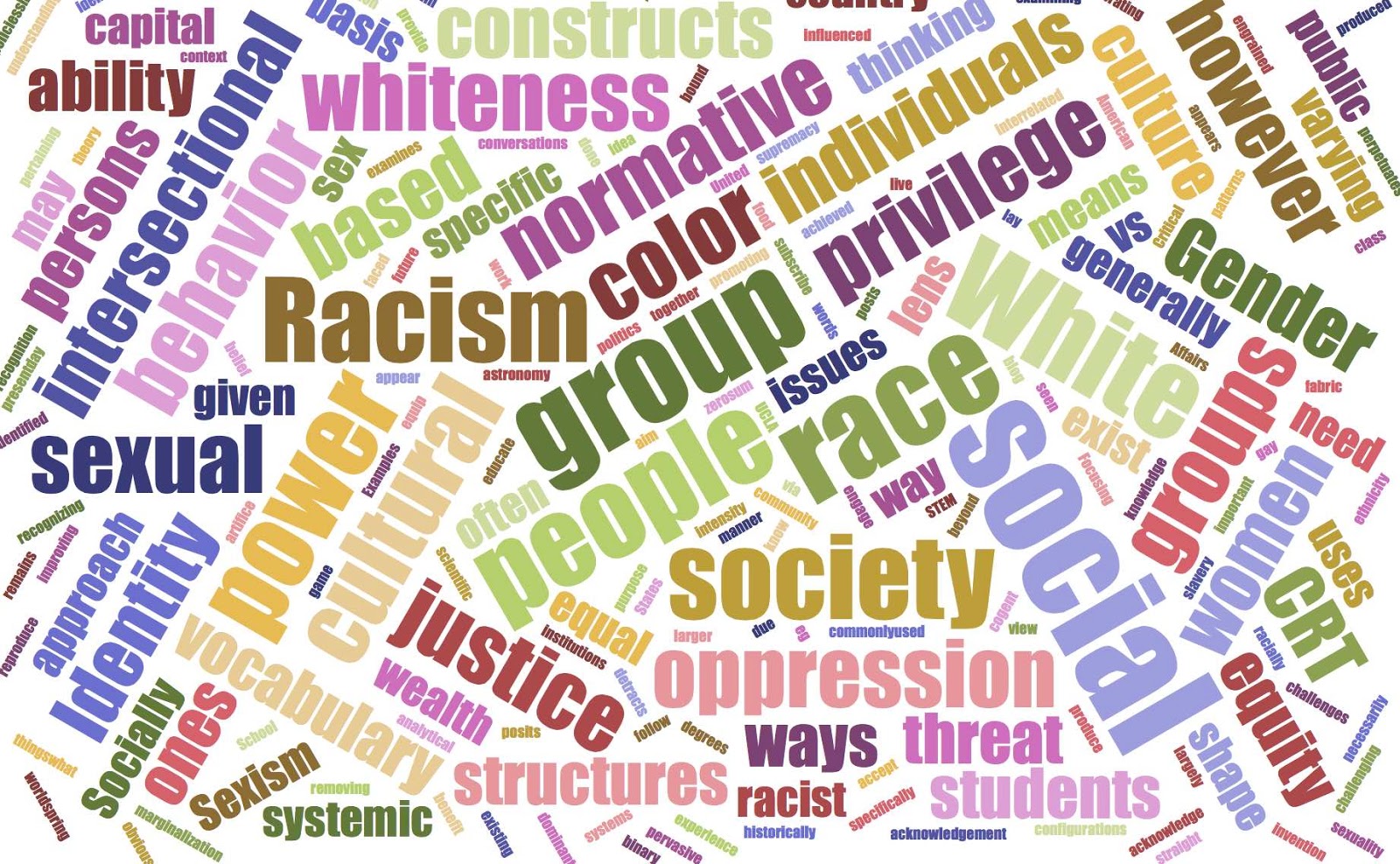Essay on Different Forms of Vertical Social Mobility – Vertical social mobility assumes different forms among which the following may be noted, (a) upward mobility, (b) downward mobility, (c) Intervenerational mobility, (d) intra-generational mobility, and (e) structural mobility.
(a) Upward Mobility:
Upward mobility, as the term indicates, refers to social ascendance or upward movement of the individuals or groups in the status scale. It denotes the said movement from a lower social position or status to a higher social position or status. It reflects social improvement, an onward march.
ADVERTISEMENTS:
Example:
1 A retail businessman who earns lot of profit may become a wholesale businessman. In the same manner, the son of a mason through educational attainments may become a university professor. Both of these examples of upward mobility indicate an improvement or ascendance in the status of the concerned persons.
(b) Downward Mobility:
ADVERTISEMENTS:
This type of mobility denotes “social descendance” or “social failure” on the part of the individual or group. In spite of their attempts to go up some individuals go down in the status scale. Sometimes individuals, who fail to maintain their social, political or economic positions, lose their statuses. It means, individuals’ attempt to go up in society is not destined to be a successful one. Often they stand to lose their positions.
Example:
(i) Big businessmen who have invested huge money in business may often incur heavy loss and even become pauper;
(ii) People in high offices might be demoted due to their corrupt practices, and so on.
ADVERTISEMENTS:
(c) Inter-generational Social Mobility:
Time factor is an important element in social mobility. On the basis of the time factor involved in social mobility some have spoken of a third type of social mobility namely; “Inter-generational mobility “.
Inter-generational social mobility is a change in status from that which a child began within the parents, household to that of the child upon reaching adulthood. In simple words, it refers to a change in the status of family members from one generation to the next.
Example:
A plumber’s son becoming the president of the city corporation, or bus conductor’s son becoming the chief minister of a state.
Inter-generational mobility is important because the amount of this mobility in a society tells us to what extent inequalities are passed on from one generation to the next. If there is very little inter- generational mobility, inequality is clearly deeply built into the society, for people’s life-chances are being determined at the moment of birth. If there is a good deal of intergenerational mobility, people are clearly able to achieve new statuses through their own efforts, regardless of the circumstances of their birth.
(d) Intra-generational Mobility:
Mobility taking place in personal terms within the life-span of the same person is called “intra-generational mobility”. It refers to the advancement in one’s social level during the course of one’s lifetime. It may also be understood as “a change in social status which occurs within a person’s adult career” [Wallace and Wallace].
Example:
(i) A lecturer in a pre-university college becoming a professor at the university centre after doing his doctoral degree,
(ii) A person working as a supervisor in a factory becoming its assistant manager after getting promotion.
(e) Structural Mobility:
Stratum or Structural Mobility is a kind of vertical mobility. “Structural mobility refers to mobility which is brought about by changes in stratification hierarchy itself.”
The term structural mobility refers to “the vertical movement of a specific group, class, or occupation relative to others in the stratification system.” ‘
Structural mobility is a type of forced mobility for it takes place because of the structural changes and not very much because of individual attempts. For example, historical circumstances or labour market changes may lead to the rise of decline of an occupational group within the social hierarchy;
(i) Military officers are likely to be regarded highly in times of war.
(ii) These are the days of computers and information technology. Hence, computer engineers and technicians and information technologists receive greater respect which was previously reserved for scientists and advocates,
(iii) An influx of immigrants may also alter class alignments – especially if the new arrivals are disproportionately highly skilled or unskilled.
Thomas Fox and S.M. Miller who sought to identify the determinants of upward mobility in different nations have found out two important conditions:
(i) advanced stage of development of an industrial economy, and
(ii) a large educational enrollment. As societies become more and more industrialised, the unskilled, low-salaried jobs at the bottom of the occupational status – ranking are slowly eliminated. Because, these jobs are now more easily and profitably performed by machines.
Simultaneously, more jobs are added at the middle and upper levels to manipulate and control the flow of machine produced goods. The vertical mobility resulting from such system changes -rather than individual achievement is called structural mobility.
What is to be remembered here is that the higher ranking job opportunities will not be fully utilised unless the parents of lower-level parents are given the knowledge and training necessary to achieve them. Compulsory public education also becomes another necessity to achieve it.

